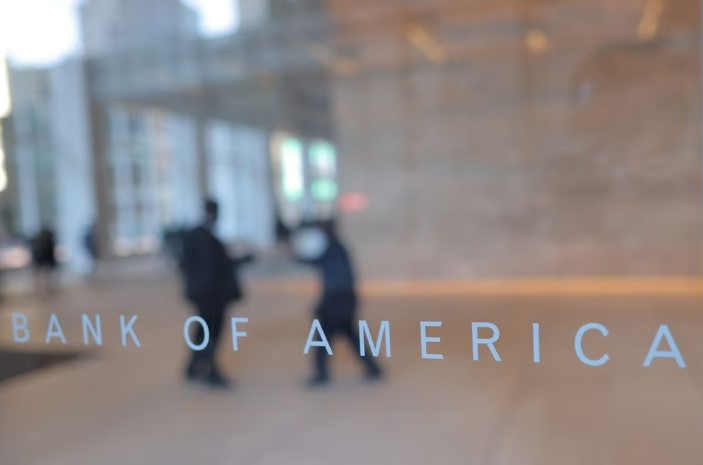
Bank of America In a world where economic stability and the well-being of employees are of paramount importance, Bank of America (BAC.N) has taken a commendable step towards improving the lives of its workforce. In a recent announcement, the company declared its plans to increase its minimum hourly wage to $23 in October, with a goal to further raise it to $25 by 2025. This significant move is set to not only benefit the bank’s employees but also set a new standard in the corporate world for fair compensation.
Bank of America A Step Towards Financial Security
The pay hike proposed by Bank of America translates to a minimum annual salary of nearly $48,000 for full-time employees, marking a substantial increase from the previous wage rates. This significant boost in income will undoubtedly have a positive impact on the financial security and overall well-being of the bank’s workforce.
Bank of America A History of Incremental Progress
Bank of America has a track record of recognizing the importance of fair compensation for its employees. Their journey towards this goal began in 2017 when they took the first step by increasing the minimum wage to $15 per hour. This initial decision was seen as a promising move towards improving the livelihoods of their workers.
Bank of America Fostering a Competitive Work Environment
Sheri Bronstein, the bank’s Chief Human Resources Officer, emphasized the importance of providing a competitive minimum rate of pay. She stated, “Providing a competitive minimum rate of pay is foundational.” This commitment to creating a work environment where employees are not just valued but also compensated fairly underscores the bank’s dedication to its workforce.
The Broader Implications
Bank of America’s decision to raise the minimum hourly wage is not just significant within the banking industry; it sets a precedent for other corporations to follow suit. As one of the largest financial institutions in the United States, BofA’s actions have the potential to inspire change across various sectors.
Conclusion
In conclusion, Bank of America’s announcement to boost its minimum hourly wage to $23 by October and aim for $25 by 2025 is a laudable step towards improving the financial security and overall well-being of its employees. This commitment to fair compensation not only sets a new standard in the corporate world but also fosters a work environment where employees feel valued and motivated.
FAQs
1. How will this wage increase benefit Bank of America employees?
Bank of America’s wage increase will significantly improve the financial security of its employees, providing them with a minimum annual salary of nearly $48,000 for full-time positions.
2. When will the new minimum hourly wage of $23 come into effect?
The wage increase set to take effect in October.
3. What was the bank’s minimum wage before this increase?
Prior to this announcement, Bank of America had a minimum hourly wage of $15.
4. How does this wage increase compare to industry standards?
Bank of America’s wage increase sets a new benchmark in the banking industry, aiming to reach $25 per hour by 2025.
5. What impact might this decision have on other companies?
Bank of America’s move could inspire other corporations to reconsider their wage policies, potentially leading to broader wage increases across various sectors.
